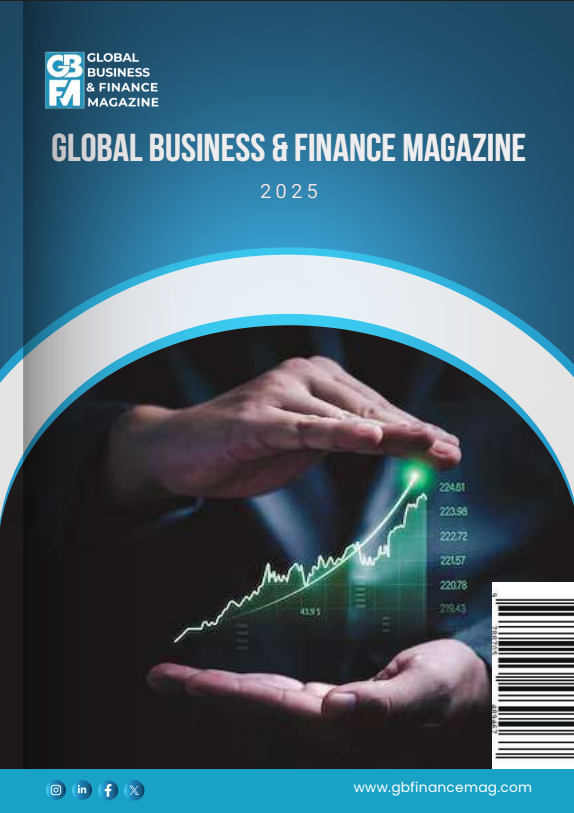Global supply chain pressures, inflation, and implications for monetary policy
The Covid-19 pandemic led to a significant increase in global supply chain pressures. This column studies the impact of these supply disruptions on euro area core inflation. It shows that global supply chain pressure shocks were the dominant driver of euro area core inflation in 2022, and their impact on inflation is persistent and hump-shaped. […]












